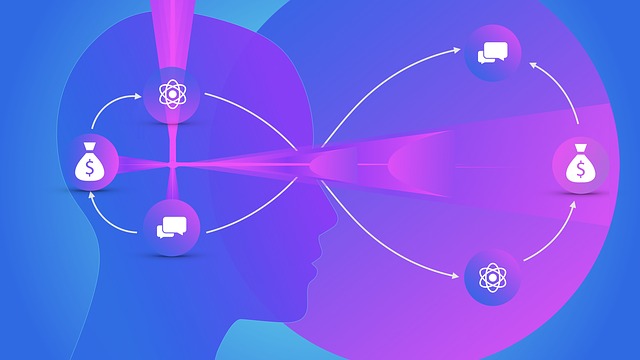Virtual Reality: What does It Mean for Your Business?
January 18th, 2017 by admin
 Depending on your industry, modern virtual reality (VR) devices could offer impressive options to improve productivity. The video game industry, for one, has been a major player in pushing VR technology. Despite a handful of flops like Nintendo’s 1995 release “Virtual Boy,” products like the “Oculus Rift” are finally pushing viable VR technology into mainstream use two decades later.
But while video games are responsible for VR’s current popularity, the technology isn’t just limited to games.
Depending on your industry, modern virtual reality (VR) devices could offer impressive options to improve productivity. The video game industry, for one, has been a major player in pushing VR technology. Despite a handful of flops like Nintendo’s 1995 release “Virtual Boy,” products like the “Oculus Rift” are finally pushing viable VR technology into mainstream use two decades later.
But while video games are responsible for VR’s current popularity, the technology isn’t just limited to games.
Businesses will be using virtual reality to do incredible things in a virtual space in the near future.
The Teleconference Is Dead, Long Live the Teleconference
VR technology offers immense immersion potential—so much that it can turn a simple activity like a regular teleconference into a “virtual meeting.” Telecommuting workers can stage a virtual meeting, financial services consultants can meet with clients in a virtual space, and so forth. Alternatively, employees who are separated by physical distance can use VR to collaborate on a project. Just about any business can benefit from this.Interactive, Immersive Training
Imagine being able to give hands-on training to employees using expensive hardware without them physically using the device, or teaching employees to perform tasks that could be dangerous without having to expose them to real danger. VR technology has endless applications in healthcare: A surgeon could practice an operation in advance, and an X-ray technician can learn to use an expensive, delicate machine without having to touch it. Lawyers can let a client who’s never been in a courtroom sit in on a virtual trial to get a better feel for the process.VR Tours and Demos
VR can also be used to give people tours of your facilities without them needing to physically visit. For example, a biotech firm can give VR lab tours, or a theme park can use a virtual roller coaster to attract visitors. Hospitals can also offer VR tours of their buildings to aid potential patients in deciding where to go for treatment. VR tours are especially beneficial for people with limited mobility. VR can even be used to give product demonstrations to potential customers. Auto dealers, for instance, can give virtual tours of vehicle interiors, and biotech firms can have interactive how-to demos their most popular products. According to TechRadar, VR is firmly in its “gold rush stage” of development. If your business is going to take advantage of all these exciting opportunities, it’s going to need the infrastructure and IT capabilities to handle VR’s demands. To better manage your IT services, both current and future, contact the experts at ATS today.Posted in: Knowledge

